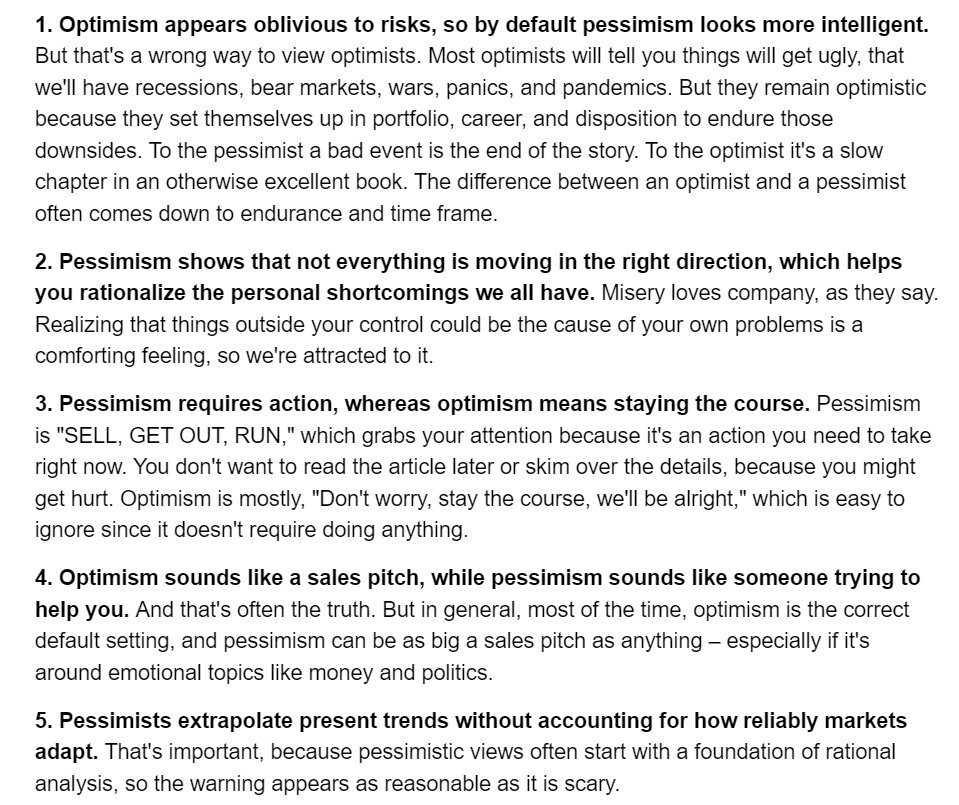1.Can you kill the investment? Is there adult supervision at the company?
2. Is the company essential? Does it depend upon the kindness of strangers?
3. What can the company make? Reasonable profitability for owners?
4. How are owners paid? Distributions?
5. Management – honest in past and present?
6. Does accounting reflect reality?
7. Does the balance sheet match up with the income statement?
8. Catalysts – Buybacks? Misunderstood? Is enterprise having a big problem that is fixable? Everyone’s been burned by the stock so afraid to buy it.
9. Are there irrational fears of current headwinds?
10. Does the business have pricing power or unit growth?
11. Can you hold the investment for a long time & does it improve portfolio performance?
Latest Posts
rssDecision-Making and Emotional Arousal
For years, behavioral finance researchers have been aware that people’s decision making is greatly affected by how choices are framed. For instance, the same monetary bet framed as a choice between a certain vs. risky gain and a certain vs. risky loss elicits very different choices. (We tend to take certain gains, but will seek risky losses to avoid certain loss). Studies using functional magnetic resonance imaging (fMRI) find that we expend less cognitive effort in taking a sure gain than in choosing risky gains, sure losses, or risky losses. It may well be that traders don’t let their profits run simply because they take the easy way out cognitively. Conversely, traders may be reluctant to set and follow stops because of the greater cognitive effort required.
It turns out, however, that this taking the easy way out and avoiding difficult decisions may not be a function of laziness. A very interesting investigation coming out of the Institute of Neurology at University College London finds that the framing effect on decision making is mediated by an emotional center within the brain: the amygdala. This is the same brain center that cognitive neuroscientist Joseph LeDoux has linked to our response to stress and trauma.
The implications are significant. When blood flow is directed away from the brain’s executive center, the frontal cortex, and the amygdala and associated emotional centers are activated, we are likely to underutilize those executive functions–reasoning, judgment, planning–and respond to our (emotional) framing of choices with a lack of effort. Going with our feelings might just be the reason we don’t think through our choices. (more…)
Optimism vs. pessimism in markets.

Put no faith in salvation through the political order. ✙ Augustine of Hippo

Now a popular sight seeing spot by Chinese tourists in the U.S., house of Warren Buffet.

Trading Errors
 Error: Confusing trading with investing. Many traders justify taking trades because they think they have to keep their money working. While this may be true of money with which you invest, it is not at all true concerning money with which you speculate. Unless you own the underlying commodity, for instance, selling short is speculation, and speculation is not investment. Although it is possible, you generally do not invest in futures. A trader does not have to be concerned with making his money work for him. A trader’s concern is making a wise and timely speculation, keeping his losses small by being quick to get out, and maximizing profits by not staying in too long, i.e., to a point where he is giving back more than a small percent of what he has already gained.
Error: Confusing trading with investing. Many traders justify taking trades because they think they have to keep their money working. While this may be true of money with which you invest, it is not at all true concerning money with which you speculate. Unless you own the underlying commodity, for instance, selling short is speculation, and speculation is not investment. Although it is possible, you generally do not invest in futures. A trader does not have to be concerned with making his money work for him. A trader’s concern is making a wise and timely speculation, keeping his losses small by being quick to get out, and maximizing profits by not staying in too long, i.e., to a point where he is giving back more than a small percent of what he has already gained.
Two Trading Quotes
Greed vs. Fear
More people need to realize this

25 -One Liner For Traders
1. Money management
2. Taking losses while small
3. Positive expectancy
4. Importance of time out
5. Market can do anything anytime
6. Recognize your mistakes
7. Never indulge in hope
8. Keep things in perspective
9. Concentration, patience
10. Being humble
11. Ride the trends
12. Define what success is, for you.
13. Do your own research
14. Use sound risk management
15. Lock in your profits when they’re there
16. Accept that you’ll be wrong.
17. Keep it simple you stupid!
18. Sticking to your plan
19. Contrary opinion
20. Always have a good exit strategy
21. Knowing when to stay out of the market
22. Control your emotions
23. Never average down.
24. DISCIPLINE!
25. Pyramiding profitable positions to maximize profits in the trade.



